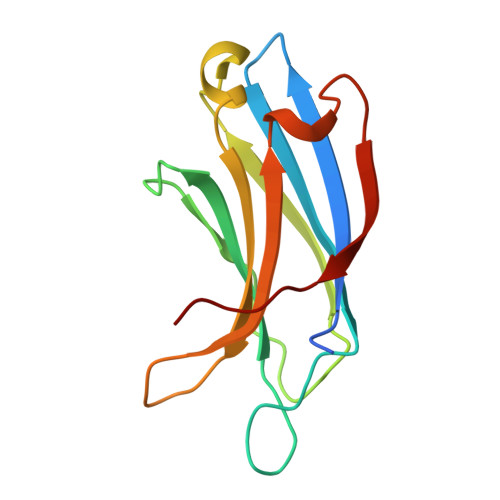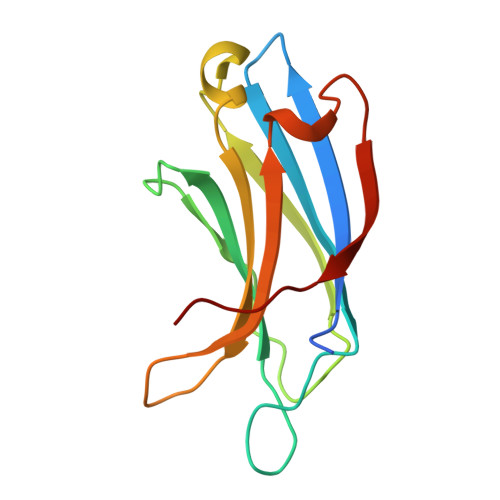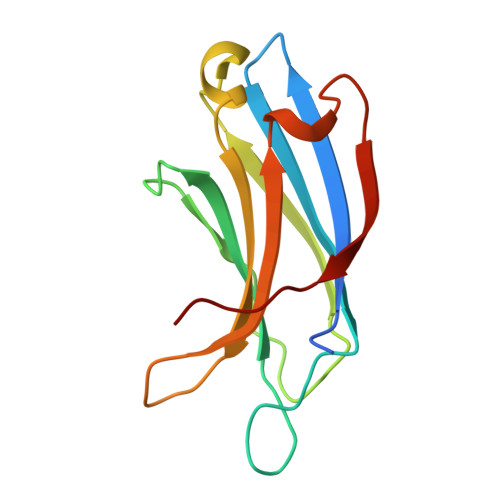Temperature-dependent RNA editing in octopus extensively recodes the neural proteome.
Birk, M.A., Liscovitch-Brauer, N., Dominguez, M.J., McNeme, S., Yue, Y., Hoff, J.D., Twersky, I., Verhey, K.J., Sutton, R.B., Eisenberg, E., Rosenthal, J.J.C.(2023) Cell 186: 2544-2555.e13
- PubMed: 37295402
- DOI: https://doi.org/10.1016/j.cell.2023.05.004
- Primary Citation of Related Structures:
8FAF, 8FAM - PubMed Abstract:
In poikilotherms, temperature changes challenge the integration of physiological function. Within the complex nervous systems of the behaviorally sophisticated coleoid cephalopods, these problems are substantial. RNA editing by adenosine deamination is a well-positioned mechanism for environmental acclimation. We report that the neural proteome of Octopus bimaculoides undergoes massive reconfigurations via RNA editing following a temperature challenge. Over 13,000 codons are affected, and many alter proteins that are vital for neural processes. For two highly temperature-sensitive examples, recoding tunes protein function. For synaptotagmin, a key component of Ca 2+ -dependent neurotransmitter release, crystal structures and supporting experiments show that editing alters Ca 2+ binding. For kinesin-1, a motor protein driving axonal transport, editing regulates transport velocity down microtubules. Seasonal sampling of wild-caught specimens indicates that temperature-dependent editing occurs in the field as well. These data show that A-to-I editing tunes neurophysiological function in response to temperature in octopus and most likely other coleoids.
Organizational Affiliation:
Bell Center, Marine Biological Laboratory, Woods Hole, MA 02543, USA; Department of Biology, Saint Francis University, Loretto, PA 15940, USA.


















